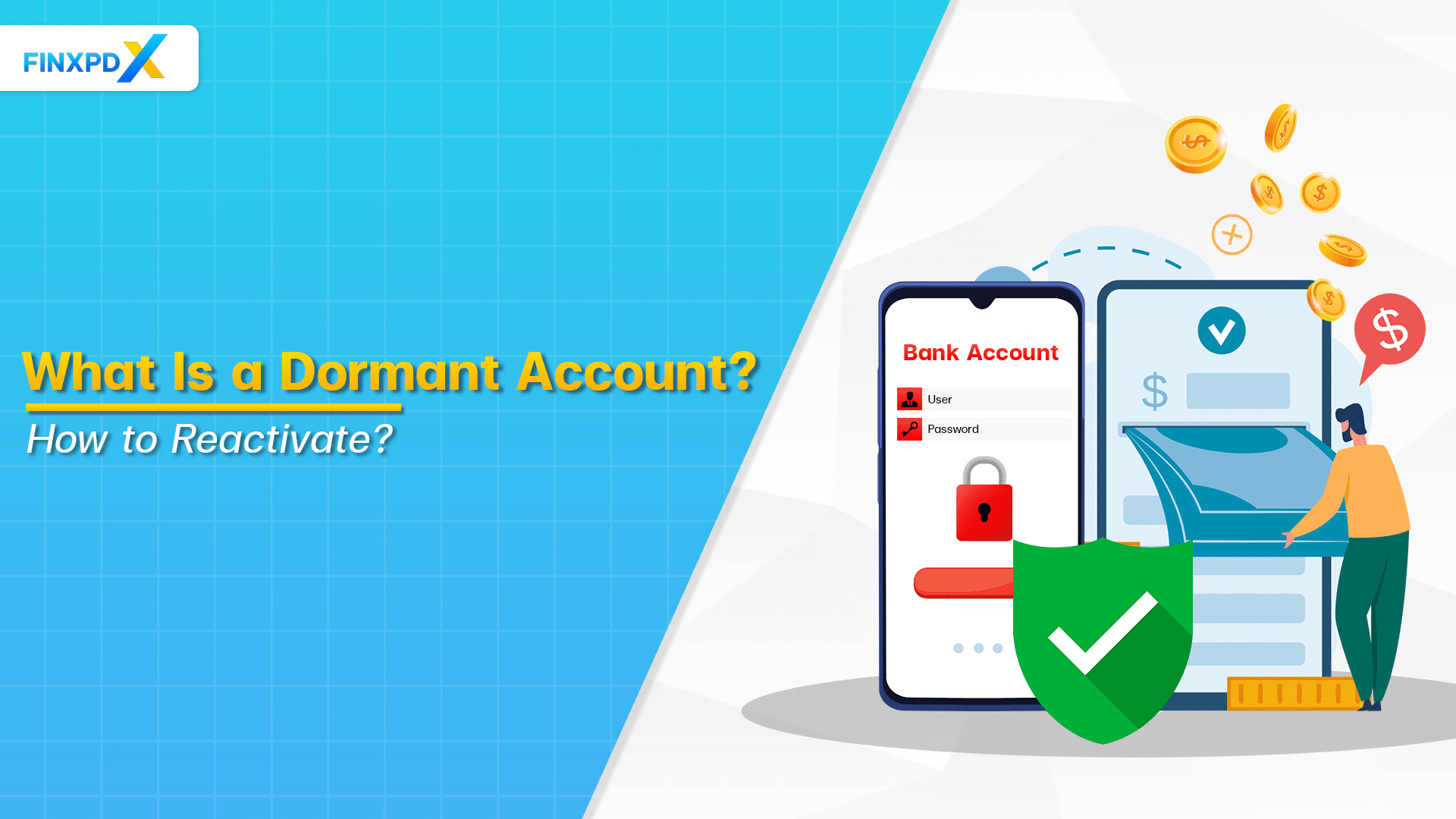Looking to secure your financial future? Starting a Public Provident Fund (PPF) account could be a game-changing move for long-term financial well-being. In this comprehensive guide, we’ll walk you through the detailed steps to set up an account and highlight its numerous benefits, whether you’re an experienced investor or new to managing your money.
What Is a PPF Account?
A PPF (Public Provident Fund) account is a long-term savings scheme introduced by the Indian government to encourage individuals to save and invest for their retirement. It is a tax-free savings avenue that offers an attractive interest rate, ensuring that the money invested grows over time.
One of the primary benefits of this account is its EEE (Exempt-Exempt-Exempt) tax status, meaning the principal amount, interest earned, and maturity amount are all exempt from tax. The PPF scheme has a tenure of 15 years, which can be extended further. The account also offers loan and withdrawal facilities.
Key Takeaways
- A PPF (Public Provident Fund) is a government-backed long-term savings scheme.
- Unique features of PPF include the ability to take loans against the balance.
- Necessary documentation for PPF includes identity proof (like PAN card or Aadhaar card), address proof (such as utility bills or passport), and age proof (like a birth certificate or passport).
Eligibility Criteria for Opening a PPF Account
Before you open a PPF account, make sure you meet the government’s criteria. Here’s a quick rundown of the account eligibility:
Residential Status
Only residents, including salaried individuals, self-employed professionals, and minors, are permitted to open an account.
Age Limit
There are no age constraints for initiating a PPF account. Parents are authorized to open accounts for their underage children.
Number of Accounts
An individual is allowed to maintain only a single PPF account under their name. However, a parent or guardian can open an additional account for a minor.
Documents Required for Opening a PPF Account
1. Identity Proof
- PAN Card
- Aadhaar Card
- Passport
- Voter ID Card
- Driving License
2. Address Proof
- Aadhaar Card
- Passport
- Voter ID Card
- Utility Bills
- Bank Statements
3. Age Proof
- Birth Certificate
- School/College Leaving Certificate
- Passport
How to Open a PPF Account (Step by Step)
There are two ways to open a PPF account: online, using a bank’s digital platform, or offline, by visiting a bank branch or post office.
Opening a PPF Account Offline
How to open a PPF account offline or how to open PPF account in post office can be done easily. You can follow these steps:
Step 1: Research and choose the right bank or post office
Do your homework and pick a bank or post office that provides PPF account services.
Step 2: Visit the bank or post office
Head to the chosen bank or post office branch where you wish to open your account.
Step 3:Fill out the application form
Get the PPF account application form, and fill it out with the necessary information.
Step 4: Submit the documents
Hand over the completed form and the required documents, which include proofs of identity, address, and age, to the concerned officials.
Step 5: Deposit the initial amount
Initiate your account with a minimum deposit of Rs. 500, which can be paid in cash, by check, or via online transfer.
Step 6: Receiving your PPF passbook
Once your initial payment and documents are verified, you’ll be handed a PPF passbook, which confirms your account’s creation.
Step 7: Manage Your PPF Account
Ensure you regularly contribute to your PPF account, keep your passbook up-to-date, and keep an eye on how your account is doing.
Opening a PPF Account Online
To open a PPF account online, follow these steps:
Step 1: Choose a Bank
Select a bank known for its user-friendly online PPF account services, ensuring a smooth experience.
Step 2: Navigate the bank’s website
Head to the bank’s official website and search for the specific section dedicated to PPF account registration.
Step 3: Complete the online application form
Complete the online form, entering your personal details, address, and information about your nominee.
Step 4: Uploading Documents
Provide digital copies of your identity, address, and age proofs, making sure they align with the bank’s requirements.
Step 5: Making the First Deposit
Use the bank’s online services to deposit the initial amount, ensuring the transaction is safe.
Step 6: Receiving Confirmation
Once your documents and deposit are verified, expect a confirmation message or email with the details of your new account.
Step 7: Managing Your Account Online
Leverage the bank’s online platform to effortlessly access your account. Regularly add funds and keep an eye on your investment for optimal financial management.
⚠️Tip: Deposit early in the year for maximum interest.
How to Check PPF Balance: Offline and Online Methods
Once you’ve set up an account, it’s crucial to keep tracking your balance regularly. There are both online and offline ways to keep tabs on your PPF account balance.
Checking PPF Balance Offline
Step 1: Head to Your Bank or Post Office
Make a trip to the bank or post office where you’ve opened your account.
Step 2: Get and Fill Out the Inquiry Form
Ask the officials for a PPF balance inquiry form. Fill it out, usually requiring your account number and some personal details.
Step 3: Hand in the Form
Give the filled-out form back to the bank or post office staff.
Step 4: Get Your Balance Update
The officials will then provide you with the current balance of your account in response to your request.
Checking PPF Balance Online
Step 1: Log into Online Banking
Access your bank’s main website and enter your login details to reach the online banking section.
Step 2: Navigate to PPF Details
After logging in, find and click on the PPF account section or a similar option to check the balance.
Step 3: View Your Balance
Select the PPF account or balance check option. This will display your current balance and any recent transactions.
Step 4: Save or Print the Information
If you wish, you can download or print out your PPF statement. Just look for the appropriate option within the online banking platform.
Conclusion
Opening and managing a Public Provident Fund (PPF) account is a strategic move for long-term financial planning. Whether you’re initiating the process offline or online, it’s essential to be well-informed about the steps involved and the account details. From selecting the right bank or post office to understanding the eligibility criteria and required documentation, each step is crucial for a smooth experience.
Once the account is active, regular monitoring of the balance, either through traditional methods or digital platforms, ensures that you stay updated on your investments.
FAQs
A PPF (Public Provident Fund) account is a savings scheme initiated by the Indian government. It offers individuals a platform for long-term savings, coupled with attractive interest rates and tax exemptions.
You can establish this type of account in several major banks in India. This includes both public sector banks like State Bank of India (SBI) and Punjab National Bank (PNB), as well as private banks such as ICICI Bank and HDFC Bank.
To initiate an account in a post office:
1) Head to your local post office.
2) Request and fill out the account opening form.
3) Submit the form with the necessary documentation, which typically includes identity and address proofs.
4) Deposit the initial required amount.
5) After processing, you’ll be handed a PPF passbook detailing your account transactions.
Non-resident Indians (NRIs) cannot open new PPF accounts.
There’s no specific age barrier for opening a PPF account. Parents or guardians can even open accounts for minors, but the total annual contribution across both accounts should not surpass the set limit.
Related Articles:
- Top 10 Banks in India: Which One Is Best for Wealth Management
- What Is Net Banking?: Understand Its Fundamental
- How to Check SBI Balance: Quick and Simple Methods
Read more: Banking








